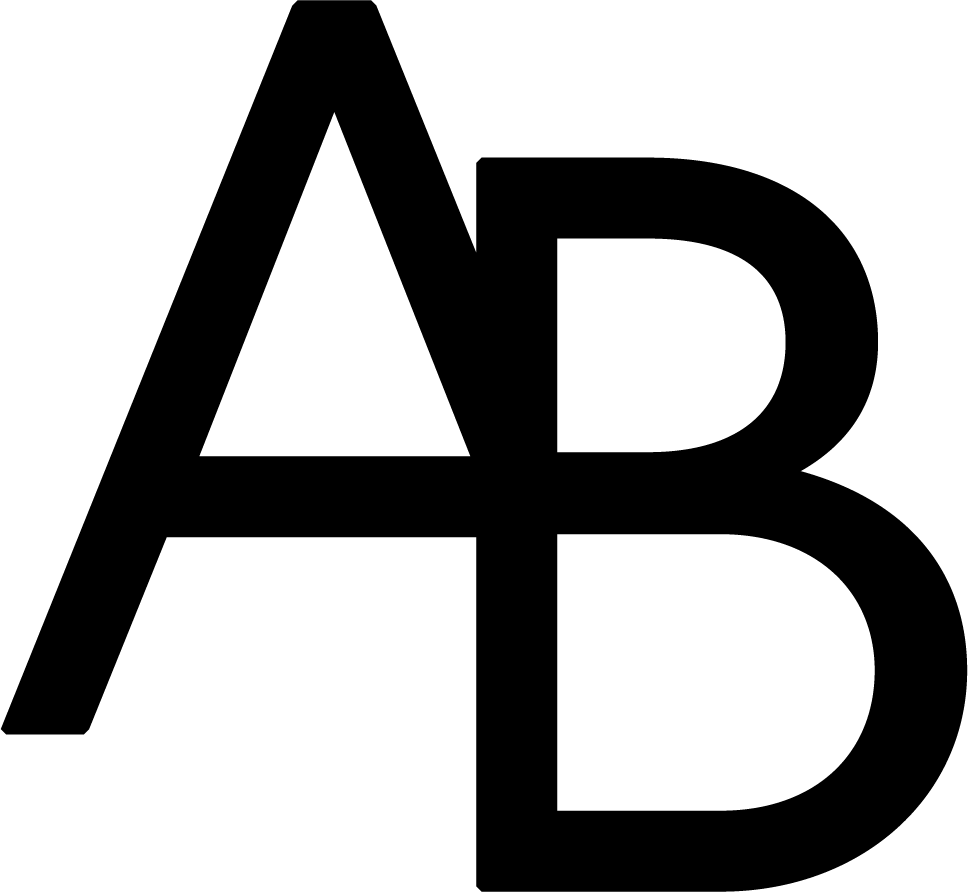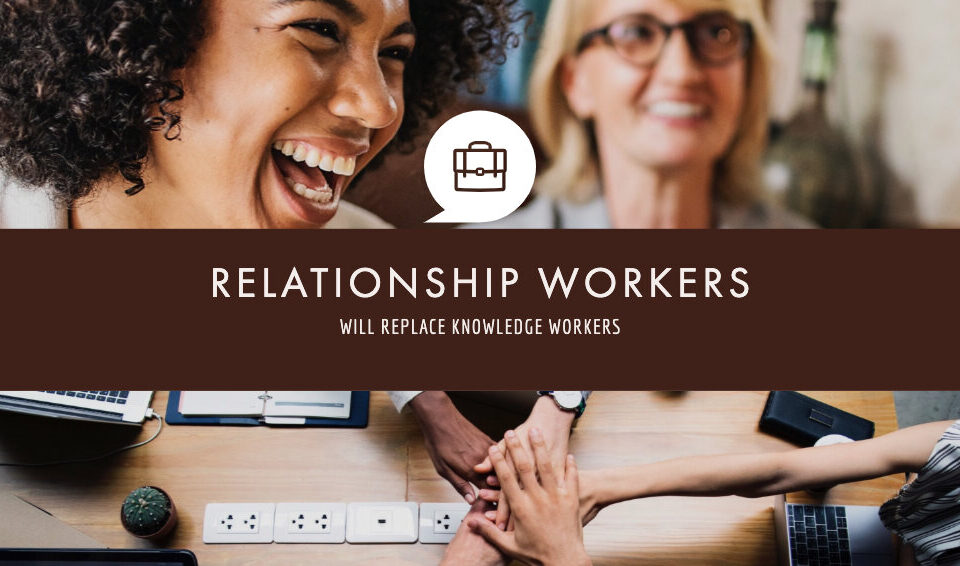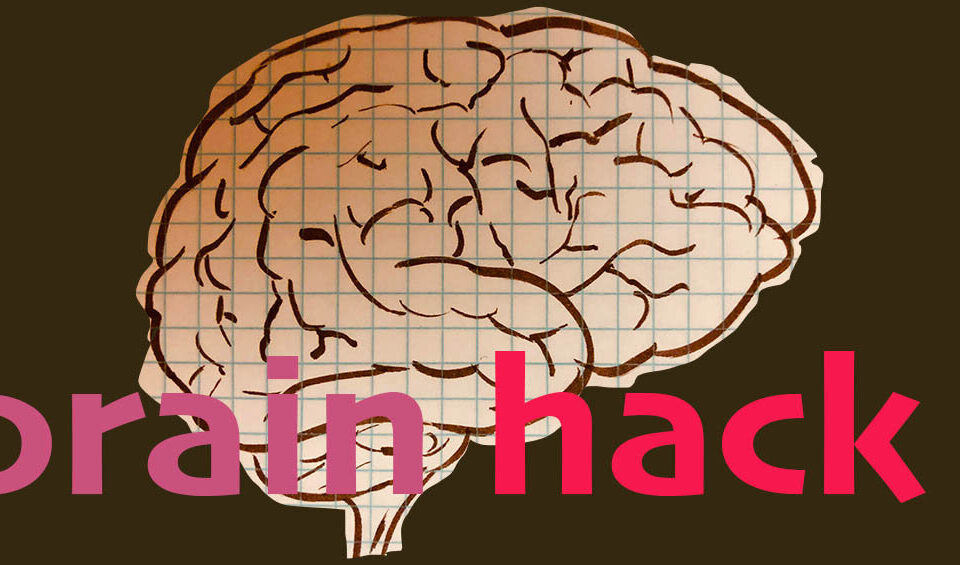Computers and automation saw the rise of the “knowledge worker”. A knowledge worker was a person whose job involved handling or using information. With computers increasingly taking over such jobs, those who are skilled in working with people will become more prized. The future belongs to people who are more emotionally intelligent. This may be the era of the “relationship worker” – someone who can handle complex human relationships.
Could a tsunami be nature’s way of warning us about massive changes? Look at the timing of the four tsunamis. 1782 and 1883 roughly coincide with the first and second industrial revolutions. Work shifted from agriculture to manufacturing as factories became the main sources of employment. This saw the rise of the blue collared workforce.
What is it with search engines? First it was Google who is building a driverless car. Now the Chinese search engine Baidu testing autonomous cars in California. There are enough people worrying about the millions of drivers who will lose jobs because of driverless cars whenever that happens.
Today several people celebrated Teachers Day and acknowledge the role of the teachers in shaping their lives. Today's post begins with a tip that encourages you to think like a teacher when you want to learn something... anything.
When I was looking for campus placement as a graduating student of a B-School, it was the employers’ market. The employers were few and far between. We would all line up and listen to them tell us that they were looking for people who would stay with them for a lifetime. The pre-placement talks were a great opportunity to get noticed by the employer by asking sharp insightful questions. During one such talk, one of my classmates did the unthinkable. He asked the potential employer why the salary offered was so low. That executive adjusted his tie and threw a condescending look at us and said, “We offer careers and not jobs.” How that even qualified as an answer to my friend’s question still beats me. But that line hit home. That phrase seems to have been tattooed in the hearts of several people of my vintage. Many of them have now become employers.
I know parents who roll up their eyes in horror when their kid wants to pursue a Liberal Arts degree in college. Does Liberal Arts fall short of that promise or is it the hottest degree for the future? Why are some companies falling over each other to hire Liberal Arts majors? Do they know something we don't?
The digital shifts place a premium on innovation and speed. Creating small prototypes and testing them with consumers will help organizations move faster than their competition. This needs a very fundamental change in the way we view failure and innovation. We still hide our failures and feel ashamed. The Digital Tsunami will change how we view failure.









